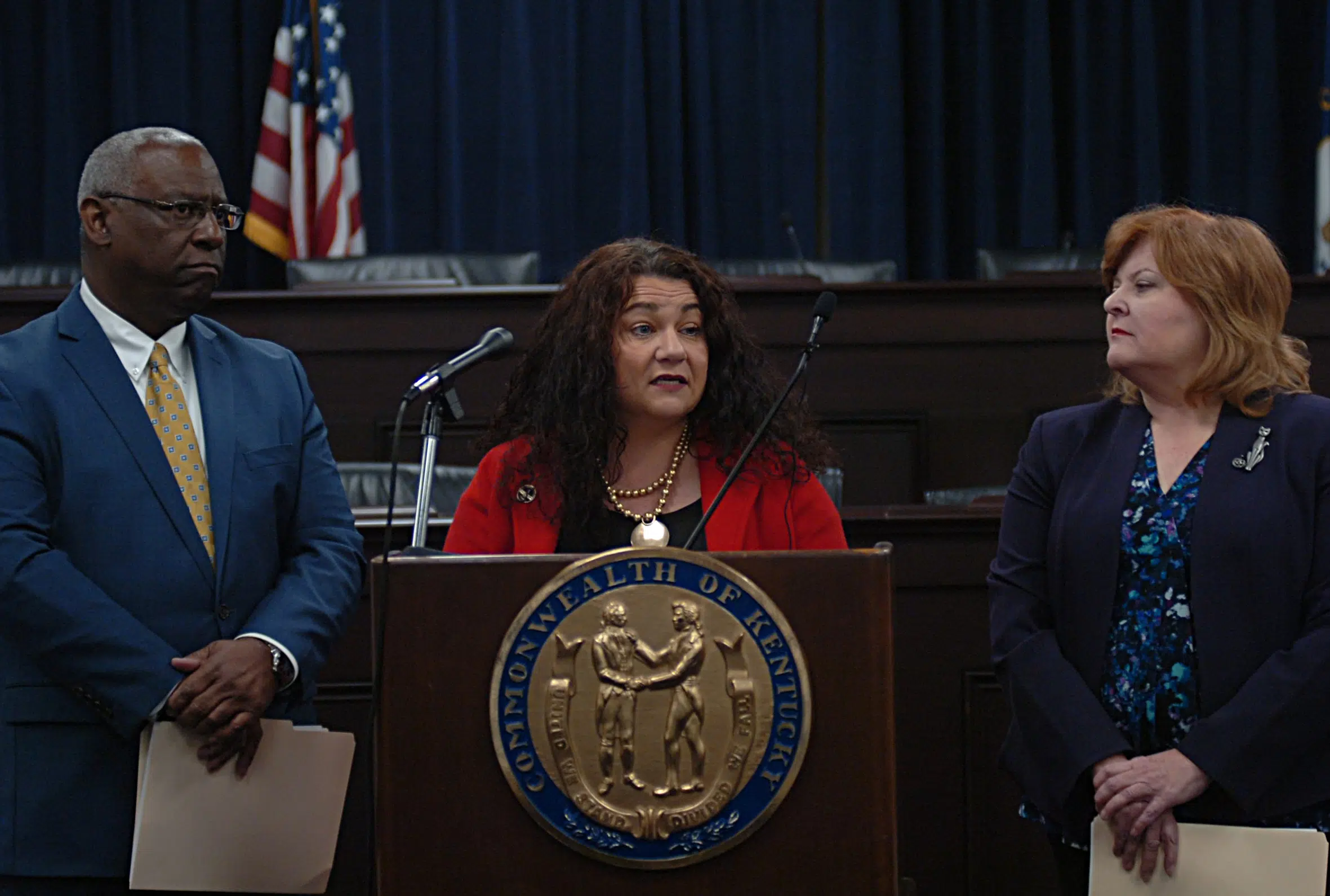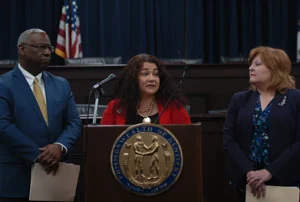On World Press Freedom Day 2024, UNESCO released a sobering report titled Press and Planet in Danger, highlighting the increasing risks faced by environmental journalists worldwide. The findings are alarming: over the past 15 years, at least 749 journalists and media outlets reporting on environmental issues have faced threats, attacks, or persecution. This surge in violence, coupled with rampant climate-related disinformation online, poses a severe threat to press freedom and the global fight against environmental crises.
A Dangerous Profession: The Risks of Reporting on the Environment
The UNESCO report details a range of threats faced by journalists who cover environmental and climate issues, including:
- Physical Violence
- At least 44 journalists have been killed while investigating environmental issues since 2009, with a conviction rate of just 10%.
- The frequency of physical attacks has doubled in recent years, from 85 incidents in 2014-2018 to 183 between 2019-2023.
- Online Harassment
- Women journalists are disproportionately targeted by online harassment, a trend echoed in previous UNESCO studies.
- Social media platforms often serve as amplifiers for disinformation campaigns and harassment against reporters.
- Legal and Political Pressure
- Many journalists face legal challenges, arbitrary arrests, or censorship.
- 45% of surveyed journalists admitted to self-censoring due to fears of retaliation.
Climate Disinformation: A Growing Threat
The rise of climate-related disinformation online exacerbates the challenges faced by environmental journalists. False or misleading narratives about climate change undermine public understanding of the crisis and hinder effective action.
UNESCO identified social media platforms as key contributors to the spread of disinformation, as their algorithms prioritize engagement over accuracy. This issue highlights the need for stricter regulations to promote credible and fact-based information about the environment.
A Global Crisis with Regional Variations
Attacks on environmental journalists have been documented in 89 countries, with the problem cutting across all regions. While the types of risks vary, the report underscores a disturbing global trend of impunity for those who threaten or harm journalists.
Key Statistics
- Over 300 attacks occurred between 2019-2023, marking a 42% increase from the previous five years.
- Two-in-five journalists who reported threats or pressure experienced physical violence.
- A third of surveyed journalists said they faced direct censorship.
The Role of Governments and Digital Platforms
The report emphasizes the critical roles governments and digital platforms must play to address these challenges:
- Support for Journalists
UNESCO’s Director-General Audrey Azoulay announced a grants program to provide legal and technical support to over 500 environmental journalists facing persecution. - Improved Digital Governance
UNESCO is advocating for better regulation of digital platforms to reduce the spread of climate disinformation. Their Guidelines for the Governance of Digital Platforms, launched in 2023, offer a framework for enhancing online transparency and accountability. - Critical Thinking Initiatives
New initiatives aim to promote media literacy and critical thinking to combat the influence of disinformation campaigns.
The UNESCO Global Roadmap Against Climate Disinformation
One of the key outcomes of the 2024 World Press Freedom Day Global Conference in Santiago, Chile, will be the launch of a Global Roadmap Against Climate Disinformation. This roadmap outlines actionable steps for various stakeholders, including:
- Governments: Strengthen legal protections for journalists and enforce penalties for violence against reporters.
- Media: Prioritize fact-based reporting on environmental issues and provide training for journalists on handling threats.
- Digital Platforms: Implement stricter content moderation policies to curb disinformation.
- Civil Society: Advocate for press freedom and support journalists facing persecution.
A Call to Action
The UNESCO report is a stark reminder that protecting environmental journalists is essential for safeguarding reliable information about the climate crisis. Without these courageous individuals, the public risks losing access to critical insights needed to address environmental challenges.
As disinformation grows and attacks on journalists rise, a collective effort is required to ensure their safety and uphold the integrity of environmental reporting. The grants program, digital governance reforms, and global roadmap represent steps in the right direction, but sustained commitment from all sectors of society is necessary to turn these initiatives into meaningful change.











